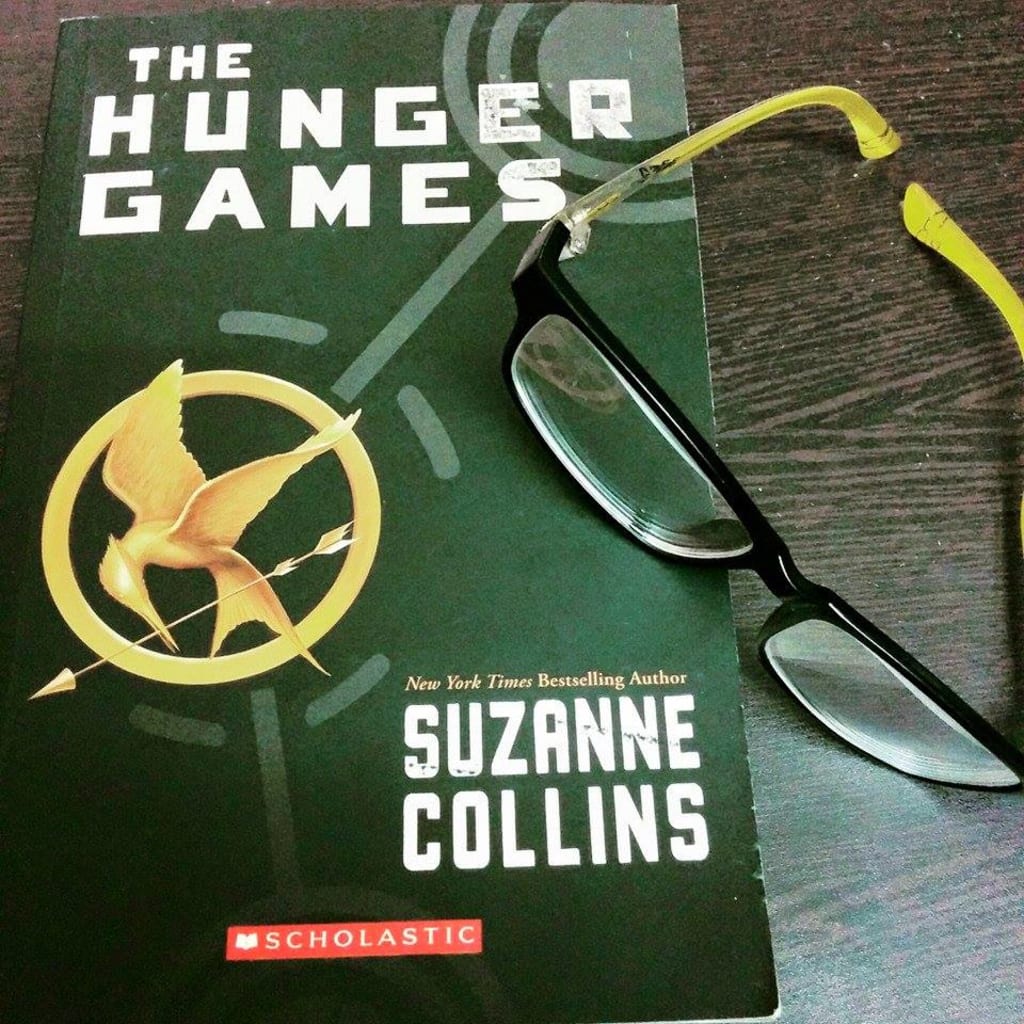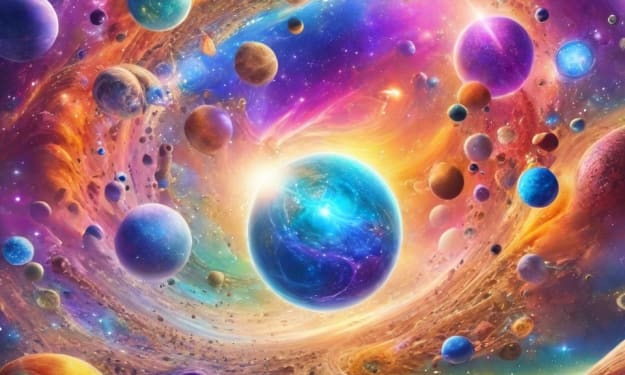Book Review: "The Hunger Games" by Suzanne Collins
A Gripping Tale of Survival, Rebellion, and Sacrifice

"The Hunger Games" by Suzanne Collins is a spellbinding and dystopian young adult novel that transports readers to the harsh and unforgiving world of Panem—a nation divided into affluent Capitol and twelve impoverished districts. Set in a future where survival is a daily struggle, the novel follows the courageous and resourceful Katniss Everdeen as she embarks on a treacherous journey of survival, rebellion, and sacrifice in the deadly Hunger Games arena. With its compelling plot, vivid characters, and thought-provoking themes, "The Hunger Games" has captured the hearts of readers of all ages.
A Dystopian World
"The Hunger Games" is set in a dystopian future where the Capitol exercises complete control over the twelve districts, forcing them into submission after a failed rebellion. As a constant reminder of their defeat, the Capitol holds the annual Hunger Games—a televised event where one boy and one girl from each district are chosen to fight to the death in a deadly arena.
Through her expert world-building, Suzanne Collins crafts a vivid and oppressive landscape, capturing the despair and hopelessness that pervades the districts. The stark contrast between the decadent luxury of the Capitol and the harsh realities of the impoverished districts serves as a chilling reflection of social inequality and the abuse of power.
Katniss Everdeen: A Heroine of Strength and Resilience
At the heart of the story is Katniss Everdeen, a fearless and self-reliant young woman who volunteers to take her sister's place as a tribute in the Hunger Games. Katniss' courage and determination to protect her loved ones drive the narrative, making her a compelling and relatable heroine.
Throughout the novel, Katniss faces life-threatening challenges in the arena while grappling with her own identity and moral compass. Her resourcefulness, survival instincts, and empathy for her fellow tributes set her apart as a symbol of hope and defiance against the oppressive regime of the Capitol.
The Love Triangle and Themes of Sacrifice
"The Hunger Games" also weaves a compelling love triangle between Katniss, her childhood friend Gale, and her fellow tribute from District 12, Peeta Mellark. The emotional complexities of Katniss' feelings for both boys add depth to the narrative and raise questions about the nature of love, loyalty, and sacrifice.
Themes of sacrifice and the weight of survival permeate the novel. As Katniss navigates the perils of the Hunger Games, she must grapple with the moral dilemmas of forming alliances, making difficult decisions, and confronting the harsh realities of war and violence. The novel explores the sacrifices individuals are willing to make for their loved ones and the greater good, presenting readers with profound and thought-provoking ethical dilemmas.
The Power of Media and Rebellion
"The Hunger Games" offers a compelling critique of the power of media in shaping public perception and manipulating reality. The televised spectacle of the Hunger Games, controlled and broadcasted by the Capitol, becomes a tool of oppression and a means of maintaining social control.
As the novel progresses, Katniss' defiant actions in the arena inadvertently spark a rebellion among the oppressed districts. Her acts of defiance challenge the Capitol's authority and inspire hope in a world dominated by fear and oppression. "The Hunger Games" thus serves as a reflection of the potential power of individuals to spark change and challenge oppressive systems.
Conclusion
"The Hunger Games" by Suzanne Collins is a riveting and thought-provoking novel that has captivated readers worldwide with its rich storytelling and exploration of complex themes. Through the gripping tale of Katniss Everdeen's struggle for survival and her role in sparking a rebellion, the novel offers a poignant examination of sacrifice, resilience, and the indomitable human spirit.
Collins' deft writing immerses readers in the oppressive world of Panem, highlighting the stark consequences of unchecked power and social injustice. "The Hunger Games" stands as a remarkable achievement in young adult literature, leaving a lasting impact with its potent blend of action, adventure, and social commentary.
As readers journey alongside Katniss, they are confronted with questions of morality, identity, and the power of hope to fuel resistance against tyranny. "The Hunger Games" serves as a powerful reminder of the transformative potential of courage, love, and the willingness to challenge injustice—a testament to the enduring relevance of the human struggle for freedom and equality.
About the Creator
Kristopher Abralitovich
Aspiring wordsmith and book enthusiast. Crafting stories that stir hearts and sharing my love for literature through insightful book reviews. Let's explore the magic of storytelling together! 📚✍️
Enjoyed the story? Support the Creator.
Subscribe for free to receive all their stories in your feed. You could also pledge your support or give them a one-off tip, letting them know you appreciate their work.






Comments
There are no comments for this story
Be the first to respond and start the conversation.